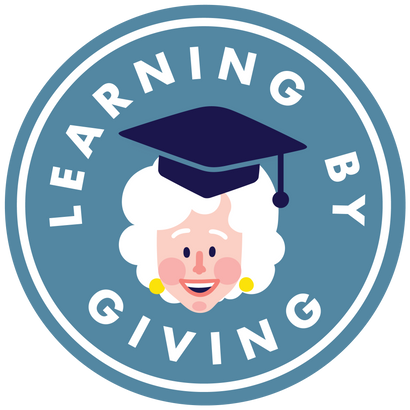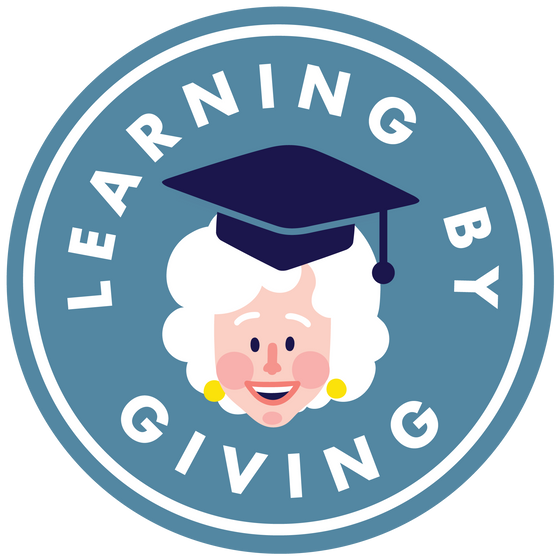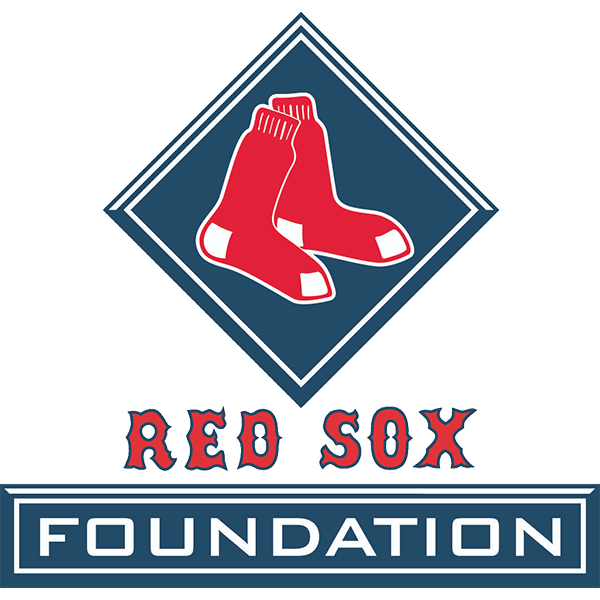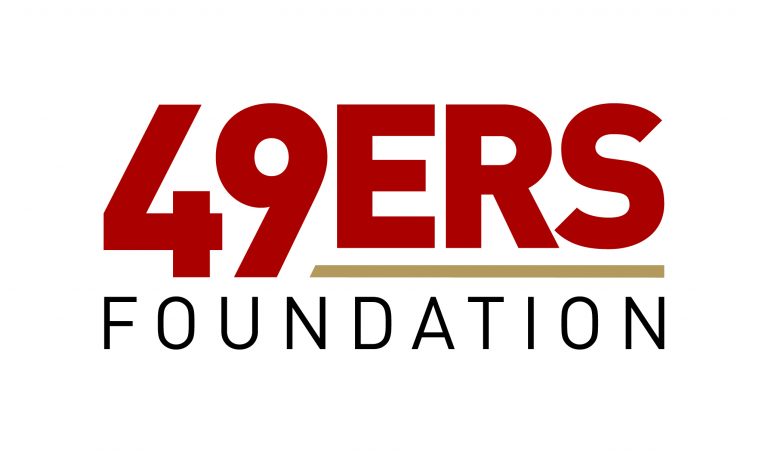Why I enrolled in a Learning by Giving course
Each semester, Learning by Giving asks students to write about their experiences in the classroom. This fall we decided to share our students’ voices on our blog via a contest; students will submit their reflections on specific aspects related to the grant making process for a chance to win additional grant funds for their class. For our first blog contest, we asked students, “Why this course?” in hopes to learn more about why they were interested in participating in an experiential philanthropy class. We had many wonderful entries. Our winning blog post is from Chris Zhou, whose class at McMaster University now has an additional $1,000 to collectively distribute to a high impact nonprofit.
We will continue to post reflections from our students all year long in hopes of bringing their voices and experiences to the entire Learning by Giving community.
I never liked downtown Hamilton. The unpainted buildings, the sluggish traffic, the suspicious platoons of teenagers hanging around every alley – it was all so different from my picturesque home of Atlantic Canada. Now, especially those teenagers, who knows what they are up to? Why can’t they just get a job? Why don’t they do something productive?
Before you turn away rolling your eyes, rest assured that my perspective has changed; everyone is blinded by their privilege occasionally. In freshman year, I got involved in a budding collective impact group called YouthCAN! that sought to reduce Hamilton youths’ Not Employed, in Education, nor Training (NEET) rate by 10% over three years. Through working with this organization, I saw first hand how various charities and agencies in Hamilton are changing youths’ lives.
I worked closely with an organization that ran employment programs for youth facing significant mental health barriers. I realized that these young people are not lazy, but rather disheartened, hindered, and often the targets of systemic oppression. Together with them, I saw how grants were transformed into tangible programs and support systems. A recent grant by a major bank supported us to hire an occupational therapist, a change in funding requirements enabled us to offer wraparound employment support, the generosity of a foundation allowed us to continue our initiative until 2025. As a result, hundreds of young people are receiving the support, training, and resources they need to find and maintain full-time employment.
But what I also saw were the constant struggles of applying to new grants, meeting funder requirements, and worrying that a single change in policy would end the whole thing. I remember being frustrated at the funder institutions – why can’t they just give us the money? Why don’t they understand how important our work is? Who comes up with these ridiculous requirements anyway? Oh boy, those lines of questioning sure sounded familiar. I soon realized that I was repeating my earlier mistake – I needed to educate myself on the topic before ranting off and most probably embarrassing myself.
When I came across this experiential philanthropy course, I knew that this was the perfect opportunity for me to gain a better understanding and appreciation into how philanthropy, charities, and donors work. I love how the class is hands-on and immerses us directly into the community. Further, my classmates come from a diverse range of backgrounds, from Singaporeans to Parisians, from health students to historians, and from having none to lots of work experience. I often feel that I am learning just as much from my peers as I do from the course slides. This is a wonderfully unique experience that I have not yet found in any other course at my university.
But perhaps what motivates me the most is the final product of this course. We are not walking away with just a grade and some regurgitated facts that we will surely forget come the next semester. By allocating real money to real change-makers, I believe that we are truly learning by making a difference. Knowing what a huge difference even a small amount of funding can make to an organization, I am excited and inspired to see how our class can make meaningful improvements to the Hamilton community. Who knows? Maybe I do love Hamilton after all.
Chris Zhou





